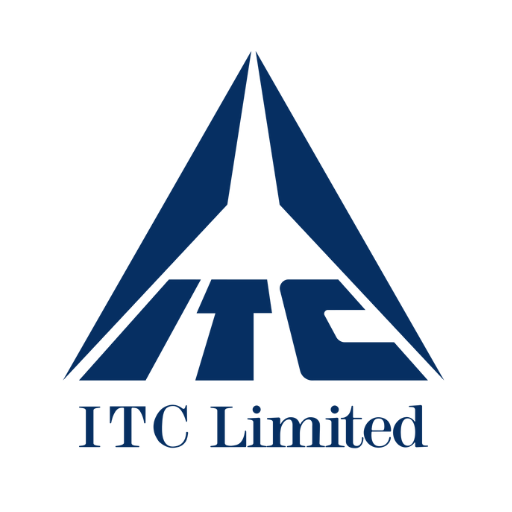India Inc. beginning to use CSR funds as force multiplier to build ecosystems for enduring social impact
Such systemic giving models are creating non-linear impact by using approaches which design proof-points for scale, build ecosystems and capacities, and develop public goods or technology platforms, says a new report.

Indian companies are increasingly using their Corporate Social Responsibility (CSR) funds in smarter ways, reveals a report titled India Inc. for Building Bharat: How Systemic CSR is Building Enduring Impact for Tomorrow released Thursday.
Instead of just giving donations or running small projects, they are funding programs that help government systems work better.
These programs are focused on creating non-linear impact by using approaches using approaches that design proof-points for scale, build ecosystems and capacities, and develop public goods or technology platforms such as improving schools, healthcare, or digital services.
Launched by The Convergence Foundation and its network organisation SCALE analyses 13 CSRs/CSR foundations which have adopted 'systemic giving' models by aligning a proportion of their grantmaking or operating strategy to arrive at its conclusions.
"Corporate philanthropy has acted as a force multiplier to build ecosystems. They have invested in strengthening institutional capacities of CSOs, government departments and other partners to create a network of stakeholders who can collectively own the problem, share learnings and drive change collaboratively," the report says.
The report shows ITC’s work in Climate Smart Agriculture, HSBC’s support for skilling, Cisco’s support for Future Right Skills Network and Dr. Reddy’s Foundation’s work in Regenerative Agriculture etc as examples of thoughtfully nurturing ecosystems to solve significant challenges.
"CEOs can set a bold vision by treating CSR as a long-term investment that creates non-linear social returns. To create large-scale impact, hiring a strong CSR leader with a genuine commitment to social impact is one of the most important decisions a business leader can make," Ashish Dhawan, founder and CEO, The Convergence Foundation, tells Fortune India. According to him, CEOs and business leaders should apply a portfolio lens to their entire CSR spends. "A company's CSR can be treated as a portfolio, including a mix of direct, programmatic initiatives, and more systemic initiatives which tackles root causes of social issues. As the corpus of CSR grows in the next few years, companies can aspire to allocate 10-20% of their portfolio towards long-term bets on systemic initiatives," Dhawan said.
Recommended Stories
CSR spend in FY 2024 was ₹30,000 crore, whereas the government has had a dominant role as a funder for the social sector, with a ₹25.7 lakh crore annual social sector spend (8% of India’s GDP). In light of this and the expected growth of the CSR funding pool in the next 10 years, the report argues that CSR can inform government expenditure by enabling innovation among Systems Support Organisations – an emerging cadre of nonprofits which work on finding systemic solutions and provide strategic support to governments.

